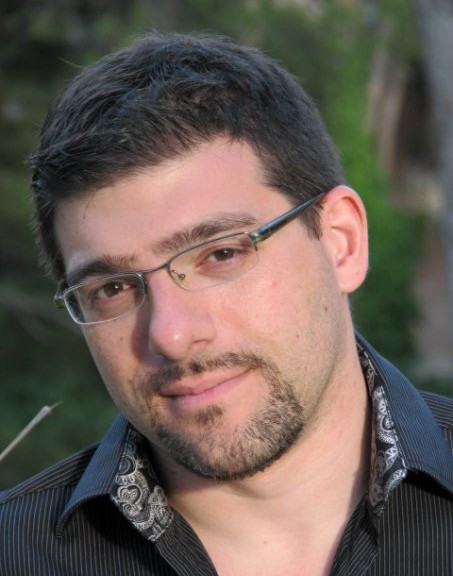MARIO DIGANGI
All I remember was someone had the bright idea of, you know, we’ve been doing these local events now for several years and we’ve been bringing in these great speakers, and why don’t we do a conference? At the time there was the annual lesbian and gay studies conference, and I think right around then that conference started at Yale, and I think maybe around that year it was at Rutgers, so there was kind of an annual, big, national lesbian and gay studies conference that was being held in the Northeast around that time, but we thought, let’s just do a conference for graduate students.
I remember that we just came up with a bunch of questions that we wanted to address in this conference and we sent out a call for papers––we got a mailing list. We made this really cool poster and we sent to English and gender studies departments and stuff all around the Northeast, and we thought it has to be local-ish because we just can’t afford. So we sent them to colleges and stuff all over the Northeast. I don’t remember the questions we asked but they were probably just things like, how as graduate students do we negotiate the challenges of doing work in an emerging field? What are the personal and professional possibilities, but also risks that we take? I went on the market in 1994, and I remember having discussions with all of these people––my friends––about to what degree do you come out as a job candidate. What do you write on your CV? Do you occlude things? Do you euphemize things? We were really talking about it, which is kind of shocking to think. In the end, I don’t think any of us did [occlude anything]. We were like, well, this is silly––I wrote a dissertation on homoeroticism, I’ve got to say that! What am I going to say? But I think other things like involvement in activist groups and other things that were less academic but were gay, I think we had serious discussions about to what degree do you occlude those kinds of things, because people––if you’re applying to a job in the Midwest or the South, people might be freaked out if you say you’re a member of ACT UP or you did community organizing for ACT UP. Whatever it is. Those were also the kinds of questions that we wanted to ask. How you negotiate your personal identity? So it was that kind of––very pragmatic. Just how do we survive and thrive as graduate students, as teachers and researchers who are working in a new scholarly area that also comes with certain risks? Being that it’s a possibly controversial subject.
We had this great one-day conference, and I think it was really, really meaningful for a lot of us, again, because we wanted to hear our graduate student peers at other institutions. It was the first time, I think, that we had really just this graduate student conference dealing with lesbian and gay studies issues. I don’t think that really had happened before.

